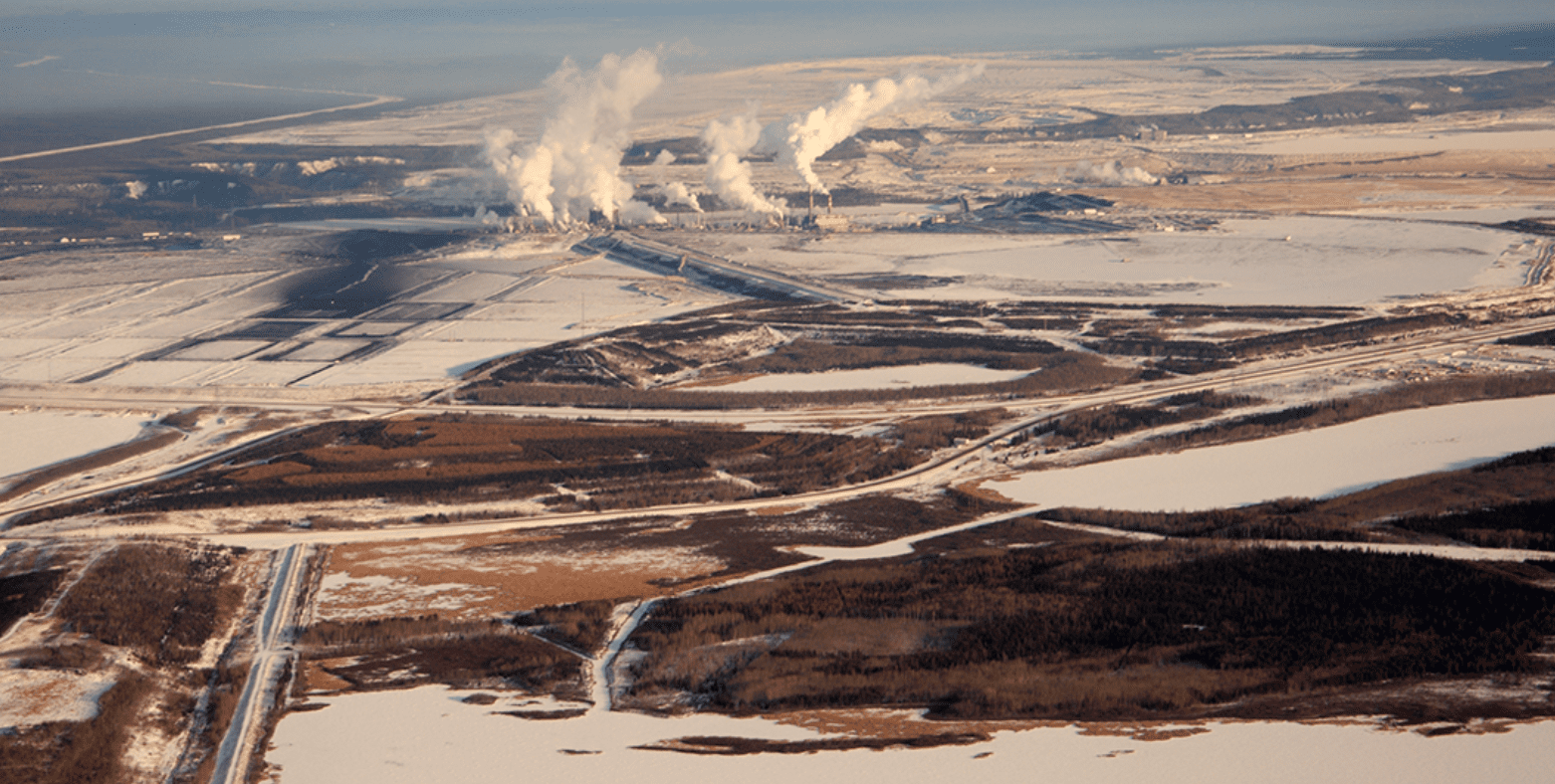Teck Resources Ltd. CEO Don Lindsay handed Alberta voters a parting gift as he pulled the pin on the massive Frontier mine.
His letter to federal Environment Minister Jonathan Wilkinson explaining the reasons for withdrawing his company's application for government approval for the mine pleads for clarity and action on climate change policy.
Voters can now judge Premier Jason Kenney and Prime Minister Justin Trudeau on how they respond and how they use the breathing room Teck has granted them.
Mushy indecision is not the way forward on the federal front. Continued belligerent whining on the provincial side is counterproductive.
By pulling out of the process before the decision deadline, Teck saved the federal Liberals' bacon. It's clear the party caucus was divided on how to deal with the oil sands mine and it appeared another delay in making a final decision might have been on the horizon.
That would have only ramped up the inflamed political rhetoric over a project that has come to represent the existential divide in Canada over non-renewable resource development and reducing carbon emissions.
Amidst the crisis of rail blockades over Coastal GasLink pipeline, more vacillation over the mine would only reinforce the fears of Albertans that the Liberals will stymie progress in the province through sheer foot dragging.
For Kenney, the withdrawal should allow the province to put the brakes on its all-or-nothing strategy over Frontier. The huge mine, which was expected to pour four megatonnes of carbon into the air per year of operation, should never have been the poster child for Alberta's oil sands development.
After years of soothing pictures of the small land footprints and the shiny pipes of steam assisted drainage projects in the boreal forest, the prospect of another enormous open pit, complete with tailing ponds, just refocused all the opposition to resource development.
In any case, the whole Frontier affair had long ceased to really be about the mine. Many business analysts suspected economic conditions have changed enough since the mine was first proposed a decade ago that it probably would not have gone ahead.
Even Teck admitted in recent weeks it needed a better oil price and a financial partner to put shovels in the ground. And just getting that partner, or even major capital investment, is an enormous snarl in the country at the moment.
"Global capital markets are changing rapidly and investors and customers are increasingly looking for jurisdictions to have a framework in place that reconciles resource development and climate change, in order to produce the cleanest possible products," Lindsay wrote in his letter to Wilkinson. "This does not yet exist here today and, unfortunately, the growing debate around this issue has placed Frontier and our company squarely at the nexus of much broader issues that need to be resolved."
The Teck project was a symbol for Kenney's government a test case of how far the federal Liberals would step outside their environmental comfort zone to sooth the troubled waters of western alienation.
Kenney has immediately jumped on the Teck withdrawal as an indictment of federal Liberals. He is thumping the tub of populism, blaming Trudeau for all the province's ills. That strategy damages the likelihood that the two parties can do the one thing required to salvage something positive from the whole Frontier mine saga.
Lindsay's letter outlines very well what a responsible private sector firm needs to go ahead with a major nonrenewable energy investment in this country.
"The promise of Canada's potential will not be realized until governments can reach agreement around how climate policy considerations will be addressed in the context of future responsible energy sector development. Without clarity on this critical question, the situation that has faced Frontier will be faced by future projects and it will be very difficult to attract future investment, either domestic or foreign."
Lindsay also is pretty explicit on a couple of contentious policy issues.
"We are also strong supporters of Canada's action on carbon pricing and other climate policies such as legislated caps for oil sands emissions."
The Teck letter asks for positive progress without pointing fingers. But Kenney has been stubborn in soft pedalling Teck's support of carbon pricing and an emissions cap.
Federal and Alberta governments need to focus on the environmental/economic issues Lindsay identifies without descending into pissing matches over jurisdiction and constitutional division of powers.
Voters should keep a keen eye on whether the leaders of both the federal and provincial governments are actually willing to get down to business to make progress on both files: carbon emission reductions and a stable framework for nonrenewable resource development.
Photo Credit: Daily Hive











